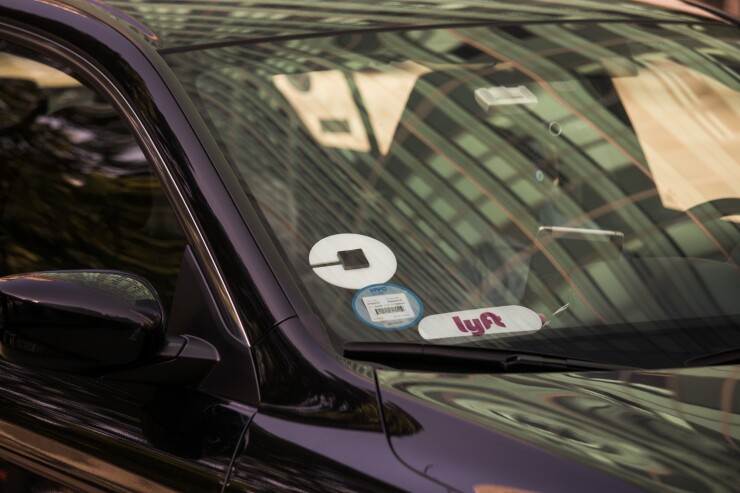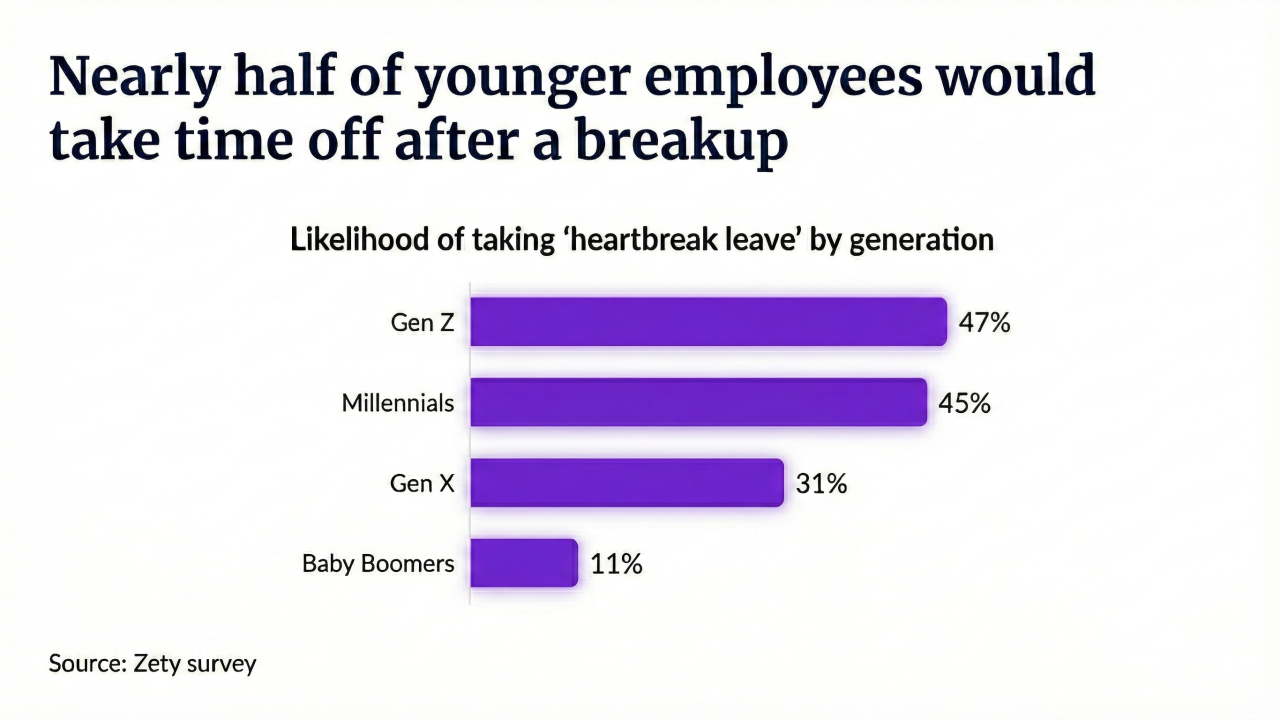California Governor Gavin Newsom signed a sweeping new law that could force gig companies like Uber Technologies and Lyft to reclassify their workers as employees.
The hotly contested legislation, Assembly Bill 5, dictates that workers can generally only be considered contractors if they are doing work that is outside the usual course of a company’s business. The law codifies a 2018 state supreme court ruling, and applies it to a wide range of state laws. It could upend the business models of companies that depend on armies of independent contractors, who aren’t guaranteed employment protections like minimum wage and overtime.
The bill is slated to go into effect on Jan. 1. While the legislature has adjourned until next year, fierce lobbying and deal-making efforts are expected to continue in the meantime, and could potentially yield separate legislation in 2020.
In a statement, Newsom called the bill "landmark legislation," and said that, "A next step is creating pathways for more workers to form a union, collectively bargain to earn more, and have a stronger voice at work — all while preserving flexibility and innovation." Lorena Gonzalez, the state assemblywoman who authored the bill, said in a statement that, “California is now setting the global standard for worker protections for other states and countries to follow.”
Tech companies including the ride-hailing giants have tried unsuccessfully over the past year to secure concessions that would shield them from having to reclassify their workers, including holding talks with union leaders about potential compromises that would extend new perks to workers while preventing them from becoming employees. Newsom, a Democrat seen as friendly to both tech and labor, has publicly and privately urged a deal, but so far hasn’t been able to get one.
An Uber spokesman expressed the company’s disappointment on Wednesday. “We've engaged in good faith with the legislature, the Newsom administration and labor leaders for nearly a year on this issue,” he said in a statement, “and we believe California is missing a real opportunity to lead the nation by improving the quality, security and dignity of independent work.”
Newsom said Wednesday that he would convene labor, business and legislative leaders, to discuss how California could "support innovation and a more inclusive economy,” by stepping in where the federal government had “fallen short,” to grant workers the “right to organize and collectively bargain.”
Private sector unionization is generally governed by federal law rather than the states. But some labor advocates believe that the exclusion of many gig workers from federal protections creates an opportunity for states like California to establish their own unionization system. Others are hopeful that A.B. 5 itself, by forcing changes to companies’ business models, could make it easier for workers to qualify as employees under federal labor law as well.
If no compromise is reached, Uber, Lyft and DoorDash have each committed $30 million to put a referendum on the 2020 ballot. In the meantime, Uber has signaled it will keep aggressively defending its position that its drivers are not employees, even under the new law. “Just because the test is hard does not mean we will not be able to pass it,” Uber Chief Legal Officer Tony West told reporters last week.
A spokesman for Lyft said it was hopeful the company could work with the governor’s office to “reach a historic agreement,” but added, “if necessary we are prepared to take this issue to the voters to preserve the freedom and access drivers and passengers want.”






